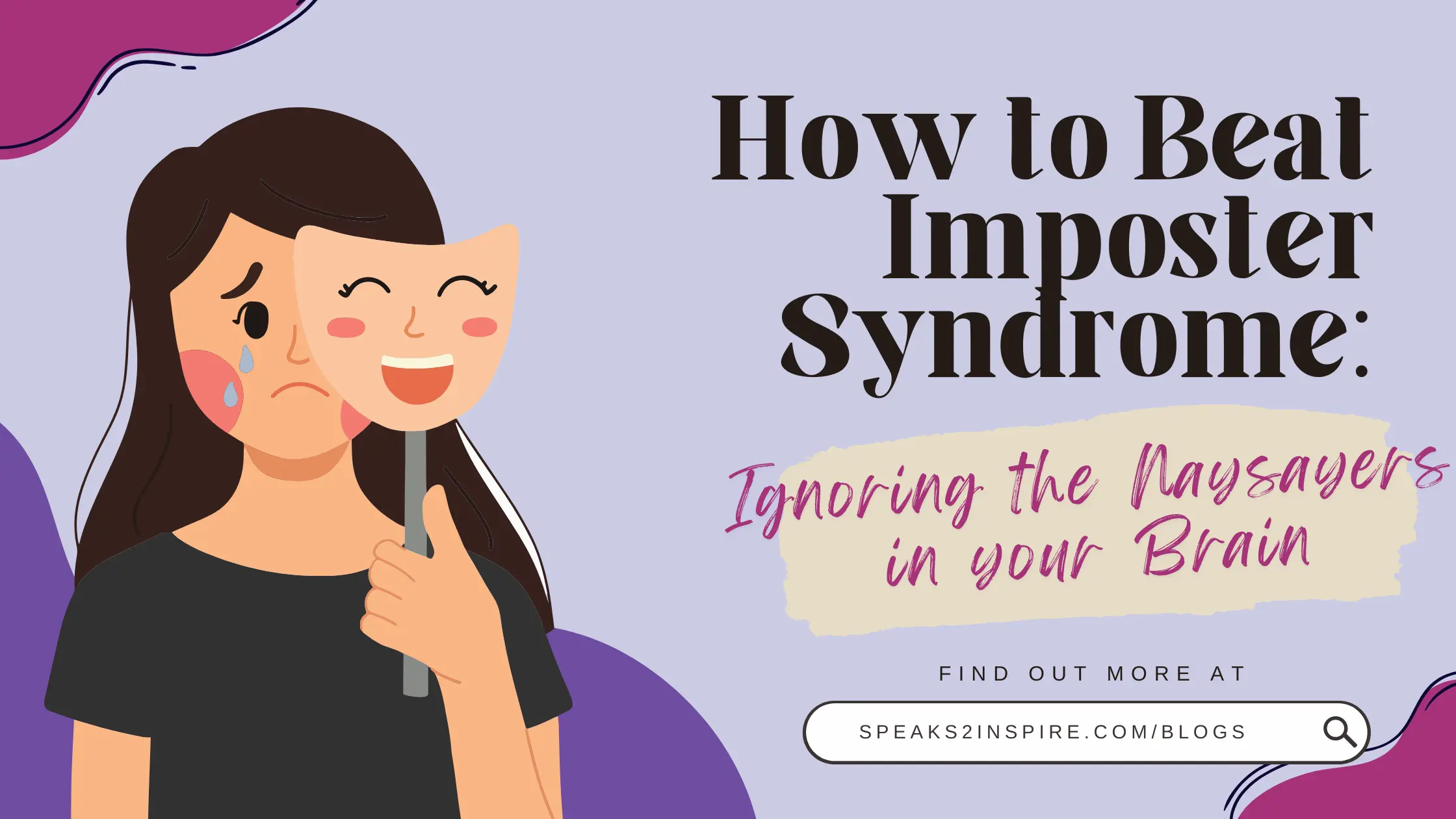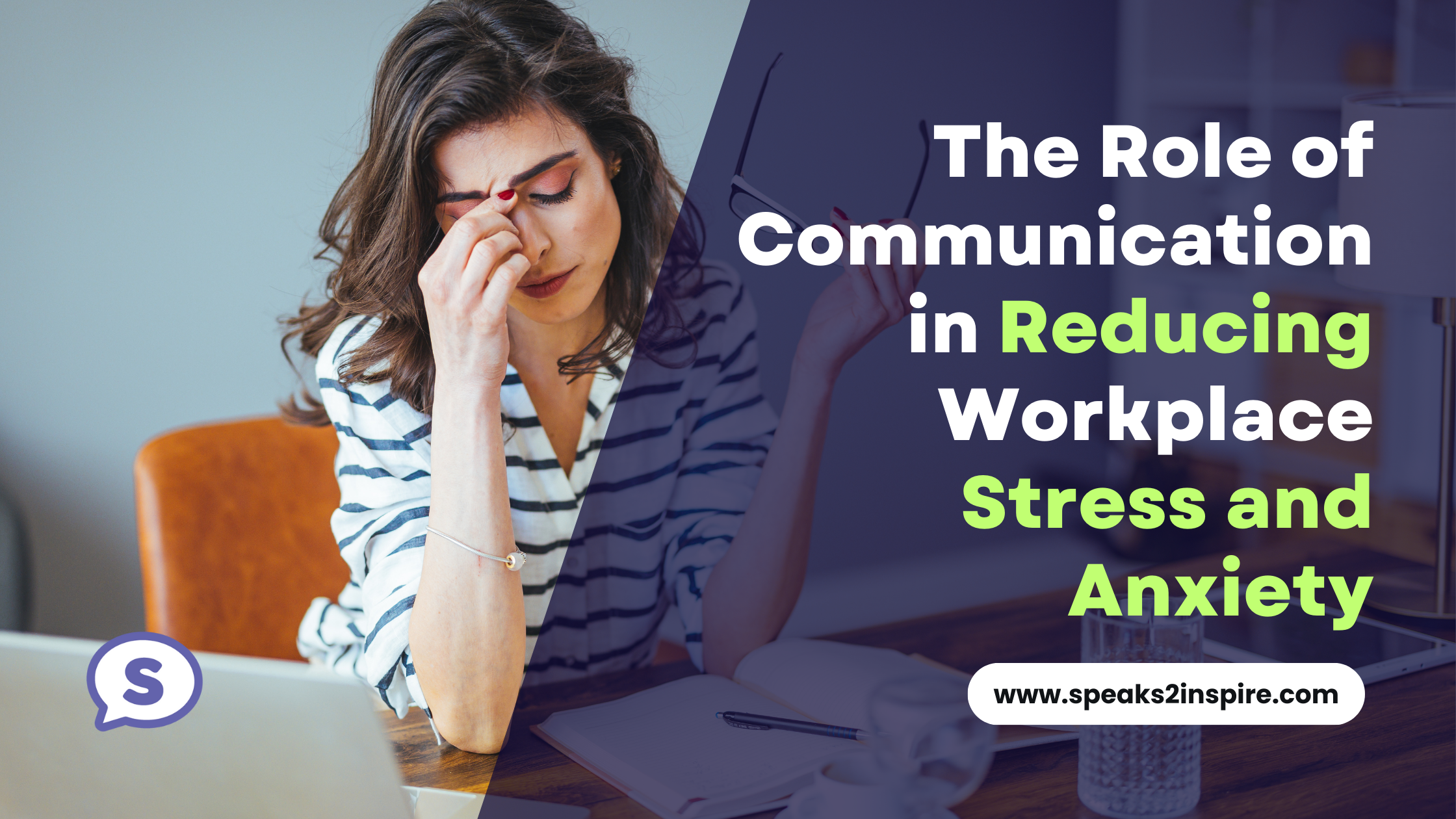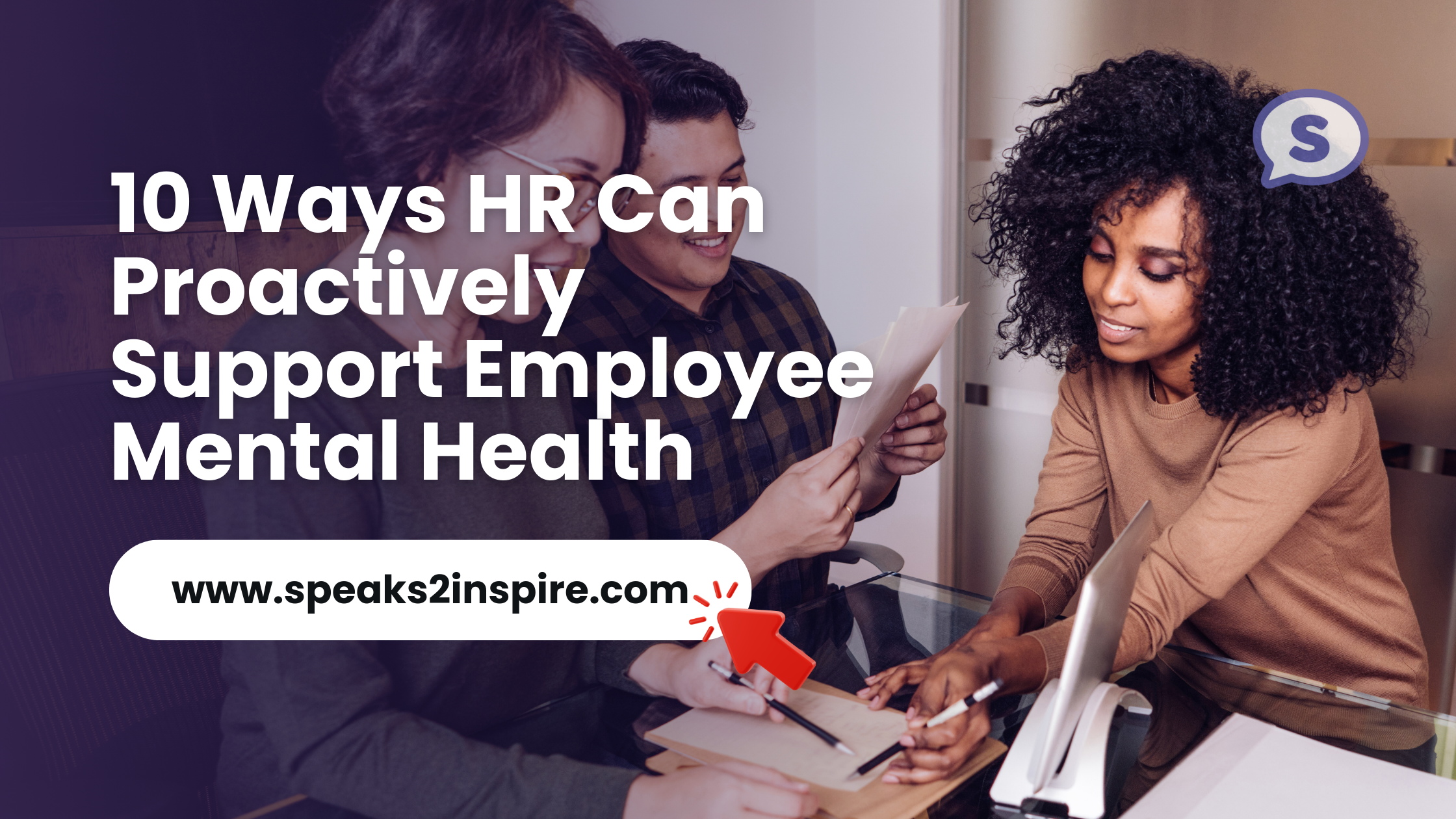This blog was written by Mandi DeLong, Speaks 2 Inspire:
It’s a familiar scenario. You get into a great program or land the internship of your dreams and it seems like everything is going well. Except there’s that constant thought in the back of your brain that you’re not smart enough, qualified enough, or good enough to be here. Not only did you somehow trick your way into this program or role, but eventually, you’re going to get found out and everyone will know what you really are: an imposter.
(Don’t worry, it’s not the alien kind from Among Us.) This fun little voice has a name, and it’s called imposter syndrome. Imposter syndrome is the persistent thought or belief that you’re incompetent and a fraud despite your education, skills, talents, accomplishments, etc. Basically, take the phrase “fake it till you make it” and subvert the confidence part.
Brigham Young University did a study in 2019 about imposter syndrome that showed 20% of college students experienced it. Even without college, the turmoil of young adulthood makes it easy for you to think that you’re not that qualified. On top of that, everyone is taking such different paths, and it’s easy to look at some of your peers and think that’s the height of qualifications when it could be a completely different standard for your industry and life.
Dealing with imposter syndrome
So much of dealing with imposter syndrome centers around your self-esteem and recognizing how your perception of yourself and your abilities differs from the reality of you and your abilities. Obviously, that’s easier said than done, but here are three ways you can deal with imposter syndrome:
Make a list of achievements to look back at.
You know what makes it really hard to sit there and convince yourself that you’ve succeeded in lying to everyone and you’re actually terrible at everything? Listing off evidence that you’re great at what you do and reminding yourself why you love doing it. Create a list of all your accomplishments, skills, talents, etc. It’s harder to doubt yourself when you have objective evidence sitting right in front of you.
Talk to someone who knows what you’ve accomplished.
A core part of imposter syndrome is the disconnect between how you perceive yourself and your abilities and how others perceive you. While other people don’t necessarily see us objectively, they don’t have the same self-doubt filter over their perception of us. In some cases, it’s their job to accurately assess us and our abilities, like a boss, supervisor, or professor. That’s why talking to someone who can provide that more objective look is so helpful.
Even if you don’t talk to someone who is responsible for evaluating you, another person can still be a valuable objective source. Friends and family have seen us through our best and worst moments, and they can provide the feedback that you’re not as bad at this as you think you are.
Stop focusing on what other people are doing.
Listen, I get it. It’s so easy to look at the other people around you to try and see if you’re measuring up or if you’re on the right track. Ultimately, however, everyone has a different journey, especially when you’re a young adult. One of my friends has three jobs or internships and has been published in several different journals for creative writing. Another one just got her first job waitressing at a restaurant downtown. Both of them are incredibly intelligent and talented people, and where they’re at in their respective journeys doesn’t change that. You don’t know what the other person’s journey is like, and it’s an imperfect look. Judging yourself and beating yourself up for not measuring up doesn’t help you or make you better, it just makes you feel worse about yourself.
You’re not alone!
Most importantly, realize that you’re not alone. Up to 82% of people will experience imposter syndrome at some point. Everyone struggles with doubt and insecurities, but that doesn’t mean you’re unqualified. You’re qualified and competent, and you’re there because you worked for it and earned it. So, rest assured that you’re far from the imposter you think you are.
More Mental Health Resources
- Four Signs That You Need Therapy
- Tips to manage stress when you are feeling off
- Selfcare tips: 7 Ways to take care of your mental health
At Speaks 2 Inspire, we’re committed to raising mental health awareness among young people in schools.
Contact us to learn more about our programs for colleges and universities.
Join our newsletter for more content, event notifications, and S2I updates.
Was this post valuable? Share it on your social media platform!




